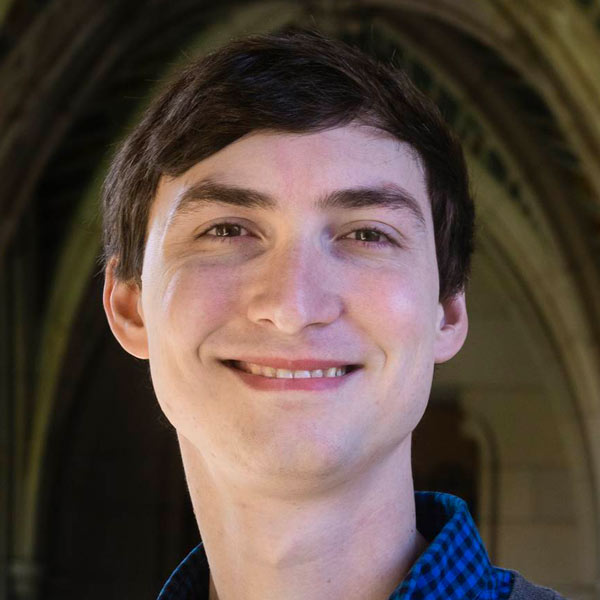Dr Timothy Trotter
Dr Trotter’s research interests revolve around the tumor microenvironment and how particular niches disrupt immune-mediated clearance of tumor cells in metastatic sites.
Thus far he has received a broad range of training that gives him a unique ability to see the questions from a fundamental, molecular level to a system-wide and overarching view.
His undergraduate research focused on organic synthesis of naturally occurring, bio-active compounds. This work gave him an early appreciation for the details of biology at a fundamental level and the process of scientific exploration. Her recognised that he wanted to expand his view to an entire disease system, and early in graduate school was introduced to the concept of the tumor microenvironment – that tumor progression is not only dictated by the malignant cells, but also by the “normal” cells.
Dr Trotter’s thesis work primarily focused on two cell types that are abundant in the bone/bone marrow, osteocytes and adipocytes. He gained specific experience in tumor metastasis, bone development and the tumor/bone marrow microenvironment, and a broad education of pathological processes in multiple systems.
Because of this background, he is uniquely qualified to determine how the immune system responds to disseminated/dormant tumor cells in various niches and what can be done to promote clearance of these cells.
Since beginning his postdoc he has optimized and expanded our in vivo and in vitro models to answer these questions accurately. My mentor, Dr. Zachary Hartman, has extensive experience in tumor immunology and translational therapeutics that lays an excellent foundation for this proposal, my post-doctoral training, and my long-term goal of becoming a faculty member at a major research institution.
Overall, the resources and mentorship available to Timothy at Duke University, combined with his background, will propel this project forward and aid in the long term goal of being a leader in tumor metastasis, dormancy, and immunity.

This grant is awarded in memory of Elena Baltacha

